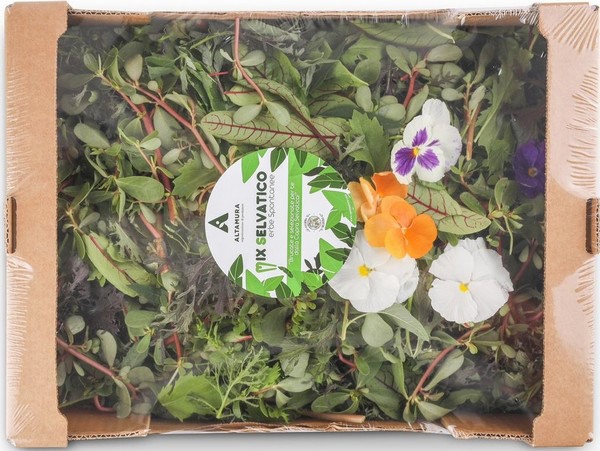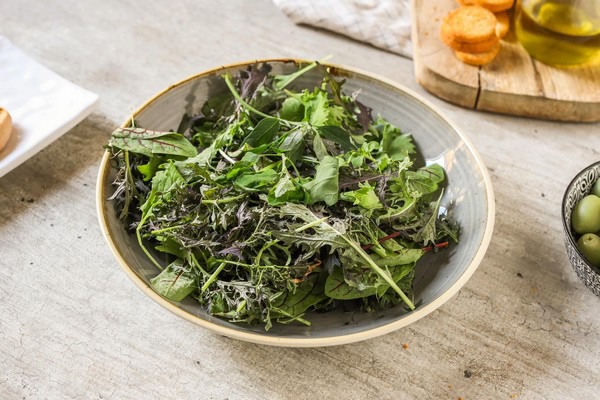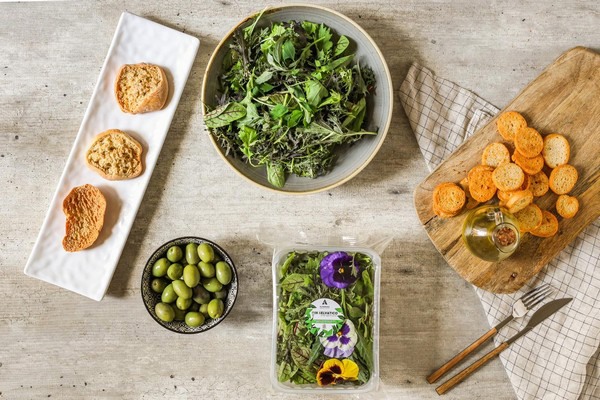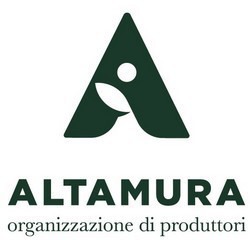Plants that grow without cultivation activities are known as "spontaneous herbs." The most popular on the Italian territory are borage, chicory, purslane, nettle, wild arugula, dandelion, plaintain, amaranth, and lambsquarters. It is precisely with these products in mind that producer organization Altamura from Pontecagnano Faiano (Salerno) has recently started collaborating with La Capra Selvatica, a well-known Instagram influencer with a feature on Rai 2 as part of the TV show L'almanacco.
The collaboration with Emanuele Cavaiolo - the real name of the influencer - has the purpose of identifying the spontaneous herbs that grow in the various agricultural businesses part of the PO. Cavaiolo is in fact a botanist, agronomist and vegan forager. He studies the biological and structural aspects of plants and is a vegetable consultant.
He identified various edible species such as pruslane, lambsquarters, and amaranth, so the idea was to identify, sort, harvest, and package them in a mix to be called Mix Selvatico (i.e., Wild Mix) paired with the "grazed and selected by La Capra Selvatica" payoff.

The project aims at converting waste into an actual food resource
"At Altamura, the care towards sustainability also involves actions to reduce waste. Spontaneous herbs are often uprooted and thrown away, meaning resources are used for their disposal. This project is therefore highly sustainable and even visionary, and aims at promoting the use of these vegetables in our everyday lives," refers the PO.
The Wild Mix will be on sale as of November.

Spontaneous herbs grow and reproduce autonomously thanks to the nutritional elements contained in the soil. Another factor that influences their growth is the micro-climate of the surrounding area: each geographic area boasts, in fact, its specific group of spontaneous herbs that grow depending on its characteristics.
Many of them are edible. In Italy, thanks to its great biodiversity, there is a wide variety of spontaneous herbs that contribute to its already unique natural heritage.

The restaurant and gastronomy sector, in general, noticed this a while ago, so herbs have been rediscovered as an actual trend in haute cuisine, as many chefs have decided to study them and select them as ingredients for their dishes.

For further information:
Op Altamura
via Pacinotti
Pontecagnano Faiano (SA) - Italy
[email protected]
www.opaltamura.com
